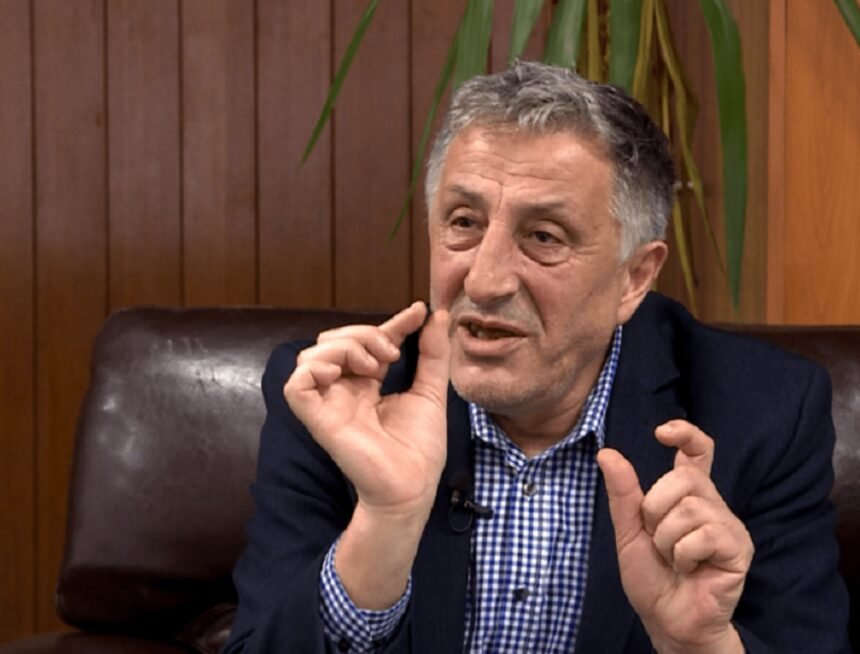The start of the new school year in Kosovo is being accompanied by a shortage of textbooks for students, raising concerns from the Education Union.
The union’s president, Rrahman Jasharaj, in an interview with EO, said the government is repeating past mistakes regarding the supply of textbooks.
He noted that this year the same problem persists, creating a poor beginning to the academic year for students.
“This government has created another headache—school textbooks. Minister Nagavci’s mistake in the first year, three years ago (providing textbooks through subsidies for parents), perhaps was thought to be easier, but immediately faced criticism from parents, from SBASHK, and from all sides, because this method of distribution proved harmful, ineffective, and unworkable. Yet she repeated it the following year, and again this year. So, we have a poor start to the school year due to the lack of proper textbook supply,” Jasharaj said.
He added that institutional statements claiming schools are fully prepared are insufficient. He also pointed to the lack of other educational tools, saying that projectors and laptops needed to modernize classrooms are missing, leaving teachers to work only with delayed textbooks and traditional notebooks.
“Statements by municipalities, schools, or the Ministry of Education that we are fully prepared for the school year, if they mean just having chalk and boards, are merely rhetorical. The demands of the 21st century cannot be met with chalk and boards. Schools need projectors, laptops, and other modern equipment to reflect the 21st century. Students should feel motivated and happy to attend school, but under current conditions, this cannot be achieved, since the only tools available are delayed textbooks, notebooks, chalk, and blackboards,” he emphasized.
On the other hand, Rinor Qehaja, director of the “EdGuard” Institute, stated that although challenges have existed in previous years, the subsidy process this year has been more successful.
Qehaja added that the €80 subsidy requires further analysis to determine exact costs.
“The subsidy is now in its third year as a process, beyond the former direct textbook distribution in schools. What is proven this year is that the process is much more successful—parents are better prepared, more informed, and in most schools, according to reporting, students have received textbooks on time. The question remains: is €80 enough to cover costs? Has the price of textbooks increased due to local distribution in bookstores? This is a separate debate that requires careful analysis. Different textbooks come from different publishers, making it difficult to set an exact cost per grade when teachers can choose from multiple publishing houses,” he explained.
Qehaja stressed that determining whether this subsidy model is ideal requires a deeper statistical and financial analysis.
“The Auditor’s report assessing last year’s process provided good feedback for this year’s revised approach, as applications are now confirmed by school coordinators. This reduces irregularities, including cases of parents who are citizens of Kosovo but not residents. Still, whether this subsidy format is ideal can only be answered through comprehensive, data-based analysis—looking at speed of distribution, actual access, and financial cost for the state budget. Until now, this has been missing, leaving us uncertain whether the subsidy model through Ekosova is more advantageous compared to direct distribution of textbooks in schools,” Qehaja concluded.







